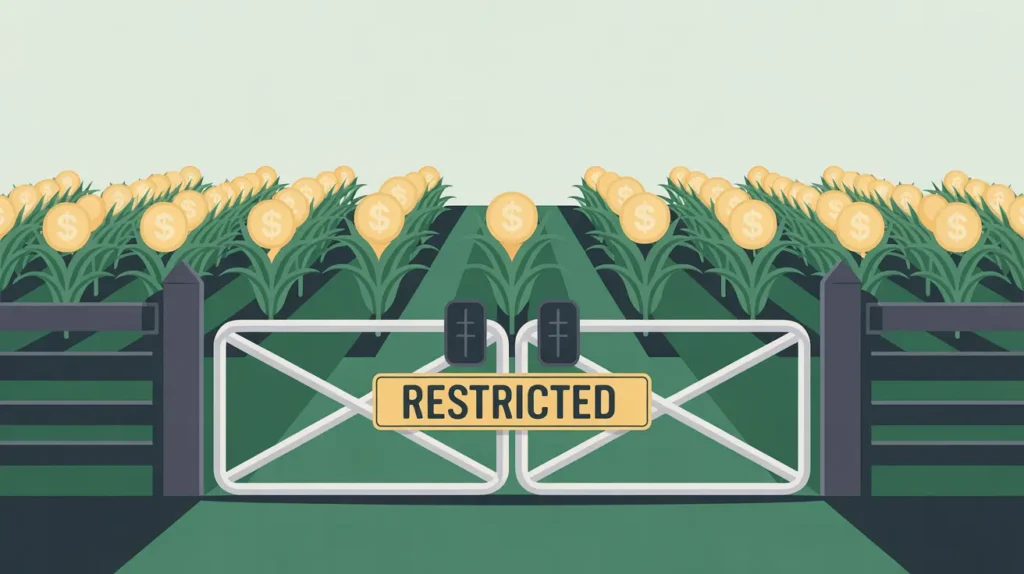Importance of Grant Modifications / Amendments
Grant modifications or amendments provide the formal mechanism to adjust budgets, timelines, or activities after a grant has been awarded. This matters because circumstances often change. Costs fluctuate, program needs shift, or external factors like crises affect implementation. For nonprofits in social innovation and international development, modifications ensure that projects remain realistic and compliant while preserving donor trust. Boards and leadership value these adjustments as they protect organizational integrity and maintain alignment between resources and outcomes.
Definition and Features
Grant modifications or amendments are defined as official, documented changes to the original grant agreement approved by the donor and recipient. Key features include:
- Budget Revisions: reallocating funds across line items or categories.
- Timeline Extensions: adjusting start or end dates due to delays or external factors.
- Scope Changes: modifying activities, outputs, or deliverables.
- Approval Requirement: must be formally requested and documented according to donor rules.
Modifications differ from internal budget adjustments because they require donor approval and carry legal weight.
How This Works in Practice
In practice, nonprofits submit modification requests when circumstances demand flexibility. For example, a development NGO implementing a $3 million agriculture project may request to reallocate $200,000 from equipment to training due to community needs. Finance teams draft revised budgets, program teams justify the changes, and leadership engages donors in dialogue to secure approval. Donors often require written justification, updated work plans, and sometimes board sign-off for significant amendments.
Implications for Social Innovation
For nonprofits in social innovation and international development, grant modifications demonstrate adaptability and accountability. Transparent reporting reduces information asymmetry by explaining why changes are needed and how they safeguard impact. Donors value organizations that proactively communicate challenges and propose solutions rather than risking non-compliance. By managing modifications effectively, nonprofits preserve relationships, protect funding, and ensure that mission-driven work continues despite changing circumstances.







